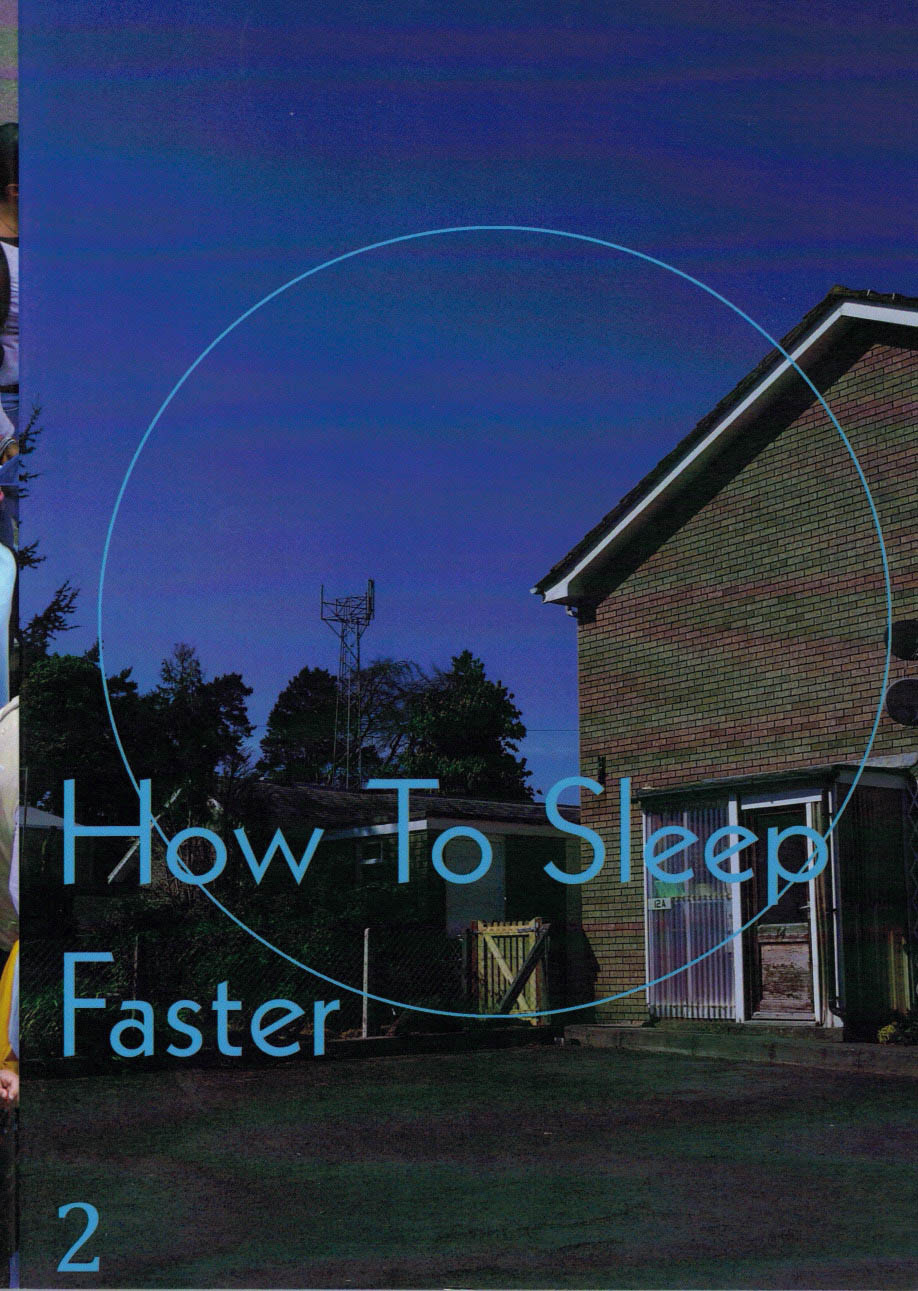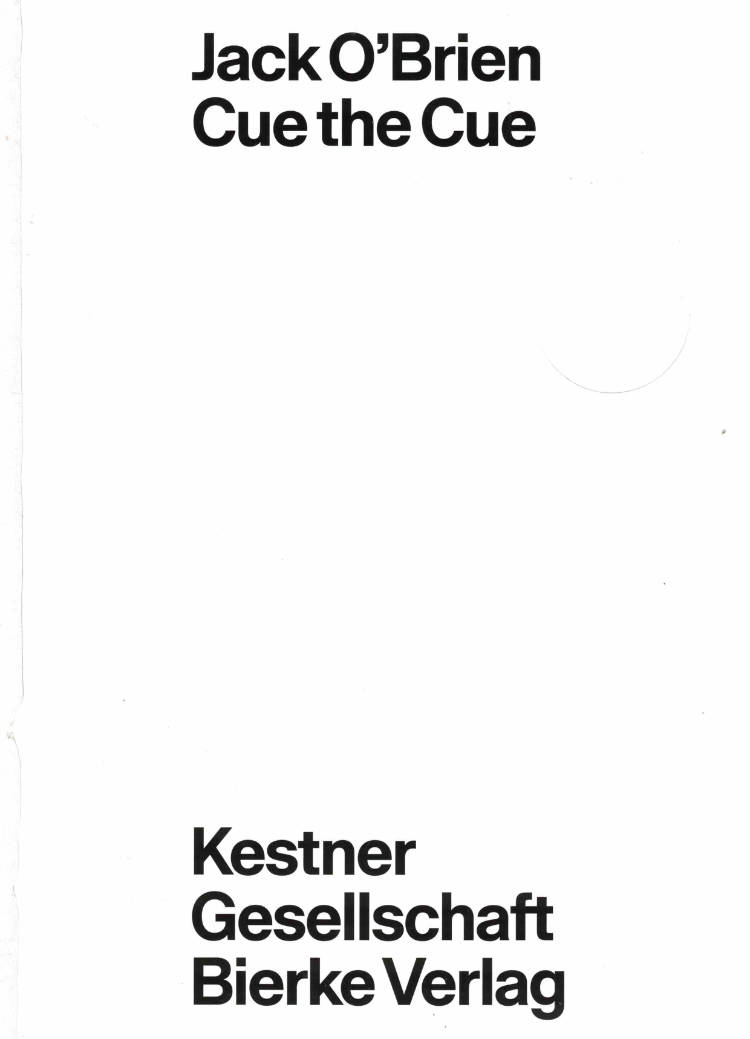Curator, art historian, writer Chus Martínez and writer and curator Filipa Ramos bring together a group of artists who have been using clay, pottery and ceramics to imagine, project and shape the world they live in.
Some may associate clay, pottery and ceramics to tradition, and tradition to the past. Some may associate technology, digital communication and data with the new, and the new with the future. What if the future is only a technology as old and unusual as clay? What if clay is a matter that renews itself constantly and gives time its unpredictable configurations?
What if clay is the future and the future is clay? And if the feet of clay only reveal a vulnerability because the rest of the body is made of a different material? And if the feet of clay are actually rooting people to the earth, connecting them through the same matter? And if feet of clay are a way to establish a post-technological communication that requires no webs, no networks, no cables; only our many, one, two, eight, twenty feet and some clay?
These are some of the questions and enigmas addressed by curators Chus Martínez and Filipa Ramos, who brought together a group of artists who have been using clay, pottery and ceramics in an exhibition entitled Feet of Clay, presented at Galeria Municipal do Porto in 2021. Like clay, the project has now been moulded into book format, bringing together exclusive texts and interviews with the participating artists: Neïl Beloufa, Isabel Carvalho, Gabriel Chaile, Pauline Curnier Jardin, Formabesta (Salvador and Juan Cidrás), Tamara Henderson, Ana Jotta and Eduardo Navarro.
Texts by Neïl Beloufa, Isabel Carvalho, Gabriel Chaile, Pauline Curnier Jardin, Formabesta (Salvador e Juan Cidrás), Tamara Henderson, Ana Jotta, Chus Martínez, Eduardo Navarro, Filipa Ramos.








